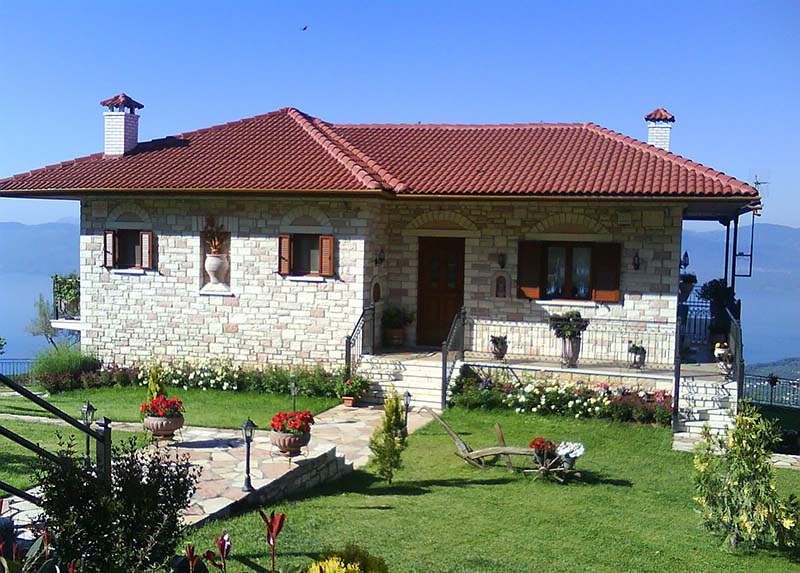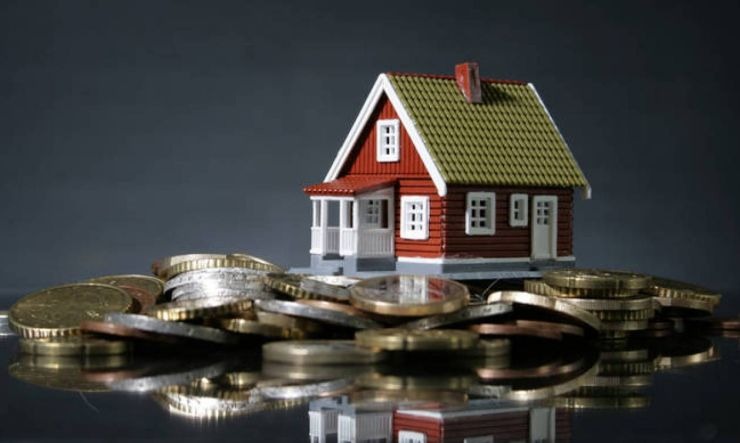Unveiling the dynamic shifts within Greece’s real estate sector, the “Property Market Barometer: What Greeks Expect” research conducted by the University of Macedonia, reveals that 49.5% of the population demonstrates keen interest in property purchases, reflecting evolving consumer sentiments and aspirations.
The study indicates that while 66% of Greeks find recent real estate price hikes concerning and liken them to a “bubble,” over half (56%) still anticipate further increases. Only 27% foresee stability, with 16% expecting a decline in prices.
While 56% of respondents overall foresee an uptick, this dwindles significantly among property sellers, with only 41% anticipating an increase. Market professionals express even more reserved sentiments, with just 33.5% expecting a rise in property prices.
The public’s perception for the upcoming six months until the end of the year paints a similar picture.
At the same time, regarding existing properties, while 55.5% of society anticipates an increase, sellers (47%) and professionals (46.5%) are also less optimistic. This scenario flips when asked about new properties, where the prospect of an increase finds much more agreement among citizens (75%).
Despite widespread interest in real estate purchases, the path to investment is hindered by banking constraints. A significant 69.5% find access to bank loans challenging, while an overwhelming 81.5% perceive housing loan interest rates as prohibitively high.
Compared to six months prior, a striking 72.5% of Greeks acknowledge a reduction in their financial capacity for property transactions, whether purchasing or renting. Real estate consultant Ilias Papageorgiadis remarks, “By merging insights on disposable income and loan accessibility, Greece reveals a distinct divide: roughly a quarter of the populace can navigate these transactions, while three-quarters grapple with limitations on investment or higher rental costs.”
Furthermore, it is worth noting that citizens continue to seek a reduction in rental taxes and Property Tax (ENFIA) as the primary incentive to increase the number of properties in the rental market.




